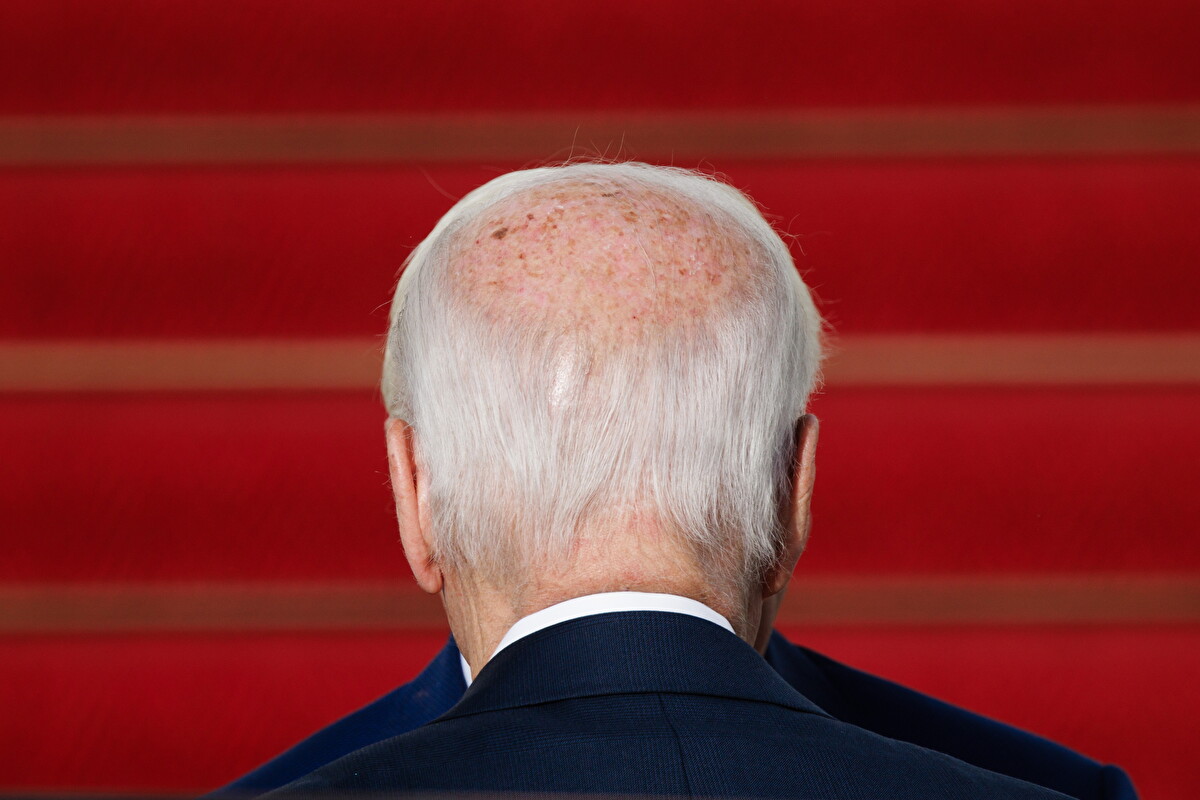North Korea has reportedly begun transferring its soldiers to the front lines in Ukraine to assist Russia. This assertion comes from South Korea’s National Intelligence Service (NIS). If confirmed, this would mark the most significant direct involvement of a third country in the Eastern European conflict, further complicating already strained relations between Pyongyang and the West—as well as between Moscow and the West.
The NIS statement follows Ukrainian President Volodymyr Zelensky’s claim that 10,000 North Korean troops have been trained in recent weeks and are expected to join Russian forces “soon.” The NIS clarified that between October 8 and 13, Russian naval vessels transferred 1,500 North Korean special forces to the port city of Vladivostok, with intentions to dispatch additional troops shortly thereafter.
According to reports, these North Korean soldiers have been equipped with Russian military uniforms, weapons, and forged identification documents. They are currently stationed at military bases in Vladivostok and other Russian cities such as Ussuriysk, Khabarovsk, and Blagoveshchensk, where they are completing training before potentially being deployed in combat.
The NIS has published satellite images on its website that depict Russian naval movements near a North Korean port, as well as alleged troop gatherings in various locations across Russia. South Korean media, citing the NIS, reports that North Korea may send a total of 12,000 soldiers organized into four brigades, although the NIS has not officially confirmed these claims.
If verified, this would represent North Korea’s first significant involvement in a foreign conflict since the Korean War (1950-1953). Despite having approximately 1.2 million active soldiers, military experts are skeptical about the effectiveness of such a deployment, pointing out the outdated nature of North Korea’s equipment and its lack of combat experience.
NATO Secretary-General Mark Rutte stated that, at this time, there are no official confirmations regarding the participation of North Korean troops in the conflict, but he acknowledged that the situation could “evolve.” Similarly, Pentagon spokesman Major General Pat Ryder indicated that the U.S. could not confirm reports about North Korean troop deployments to Russia.
On its part, Russia has denied employing North Korean soldiers in the conflict, labeling these claims as “fake news.” Over the past two years, North Korea and Russia have intensified their military cooperation amid rising tensions with the West. The U.S. and its allies have accused Pyongyang of supplying Russia with weapons and munitions in exchange for economic and military aid.
In return for its involvement in the conflict, Pyongyang may have secured agreements with Moscow for significant transfers of nuclear and missile technology. This prompted South Korean President Yoon Suk Yeol to convene an emergency meeting with his cabinet, emphasizing that the situation poses a “grave threat to the security” of South Korea and the international community.
The ongoing tensions were underscored just days ago when Kim Jong Un symbolically detonated a road connecting the southern part of the peninsula with the north, in retaliation for alleged South Korean drone flights over Pyongyang and the distribution of leaflets in North Korea that depicted the lavish lifestyle of Kim’s supreme leader.












